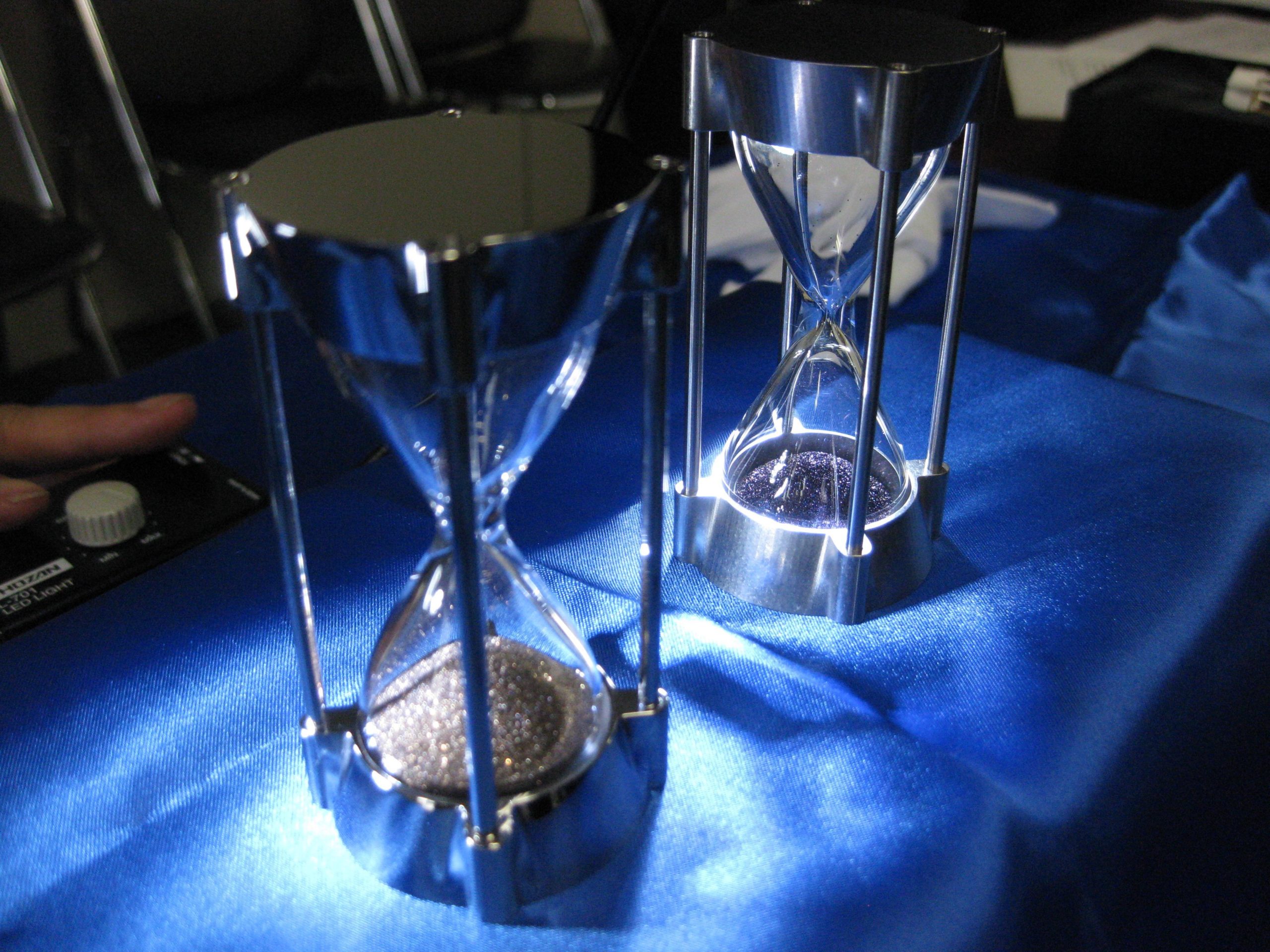The TRUTH About MOM GENERATIONS in Japan
CONTENTS
By D. McCaughan
Diverse Values of Japanese Mothers Born in Between 1970-74 and 1980-84

We talked to mothers born in 1970-74 and 1980-84. Keep in mind that the latter basically don’t remember the bubble years. They are the generation that embraced the “loose sock” fashion, fell in love with purikura, a photo sticker booth, and cared for their tamagocchi, a handheld digital pet.
Despite the dramatic slow-down of the economy in their lifetime they remained usually single and childless until they got close to 30. Their 20s were spent mostly living at home, spending their salaries and enjoying life with perhaps more relative freedom than previous generations. Freedom in terms of decisions on careers, greater chances of promotion, and an increasing social legitimization of it being OK to put off marriage. Indeed for good and bad they were the generation where the term “freeter” (namely part-timers) first took off.
Certainly being a freeter had and often still does have bad connotations referring to those who were forced, or chose to be part-time job hoppers. But it also implies a mindset of both impermanence and flexibility. In a decade when trends hit frenzy and people had to be open to take on new ideas in the face of a macro economic stagnation that implied no promise of growth, young people looked for short term distraction. No wonder these women in their early and mid 30’s were known as the “boom generators,” always trying new fads, doing what they could, and still can, to look and feel like they are enjoying life.
Using Smartphones for Child Rearing
So how do the two generations of moms feel things have changed? Well, we did find they both agreed that conditions for having and raising a child have got better. The single biggest issue preventing child birth and making raising one difficult, access to child care or pre-school facilities still remains a big one. All surveys indicate that many women are putting off having a child, or a second for this one reason.
However other factors seem to have improved greatly. Almost universal access to the internet means that the younger generation of moms feels that shopping has become much more convenient. Over 65% of mum’s in their early 30s carry a smartphone, compared to around 45% of those 10 years older and of those with smartphones over 85% tell us they use them to shop and compare.
We compared numbers for women who became a mom in last 4 years with those moms we surveyed in 2004 and found some very interesting changes in terms of what one young mom termed “the joys of being a mom today.” Let me share a few of the differences:
- There is a vast range of childcare goods. → 70% of today’s young moms agree, compared to 59% in 2004.
- Childcare information is available via the internet → 70% now, 55% in 2004.
- There is social support such as childcare support → 48% now, 36% in 2004.
New Father’s Roles and Obligation

Perhaps most tellingly for the first time, we found more than half of moms telling us that fathers are more proactive in taking part in child raising (55% now, 44% in 2004 ). A change in expectations not only comes from the women but also the men themselves. When we started this project nearly a decade ago, I can recall a group of young fathers being shocked as one member admitted he thought the most important thing he could do was get home in time to read a story to his child. They all thought it a good idea but were amazed any one would admit it.
In the last nine years, we have seen more young men and fathers talk about their desire to play a bigger role in raising their child. While it is true, according to all surveys, that I have seen Japanese husbands are still far from world class helpers at home, the desire of the “freeter” generation to be a more active father is indeed starting to be recognized.
What became clear though as we looked into the results of this year’s “TRUTH About MOMS” research is that women entering motherhood today are really doing for themselves rather than feeling obligation. In a way, it says a lot about how to reach them. Always keep in mind that their “self,” or their belief will drive their decisions about family. Marketers need to talk to them as themselves and not as “mothers.”
88% of Mothers Like to Return to Work

In a sense, they are the “stay me” moms, choosing to have a child as an overt extension of who they see themselves as trying to use their baby as a way to continue express themselves. They tell us that they are much more likely to return to work because they see that as part of who they are. So while only about a third of them are working, 88% told us they thought they would return to work once their child got a little older as they saw that as part of “remaining me.”
We also noticed that the younger mom’s remain very conscious of their pre-baby social life. They tell us that they don’t want to change their social behaviors, they don’t want to go to just “mother’s meeting places” but would rather take their babies to places where they are able to meet, and have fun with their single friends. In other words, motherhood should not in any way stop them from continuing their “life.”
In 2004 we started what are now our “TRUTH About MOMS” studies because I had a lady on my staff who had recently returned to work from maternity leave and believed that during her year away she had noticed shift in the way women were thinking and acting with their children. The 10 waves of studies since then have shown us that there has indeed been a continuing move to a more “me focus.” No less loving and caring for their children, but a new generation of mothers has arisen that wants to be continually independent enough to be recognized as their own selves.


